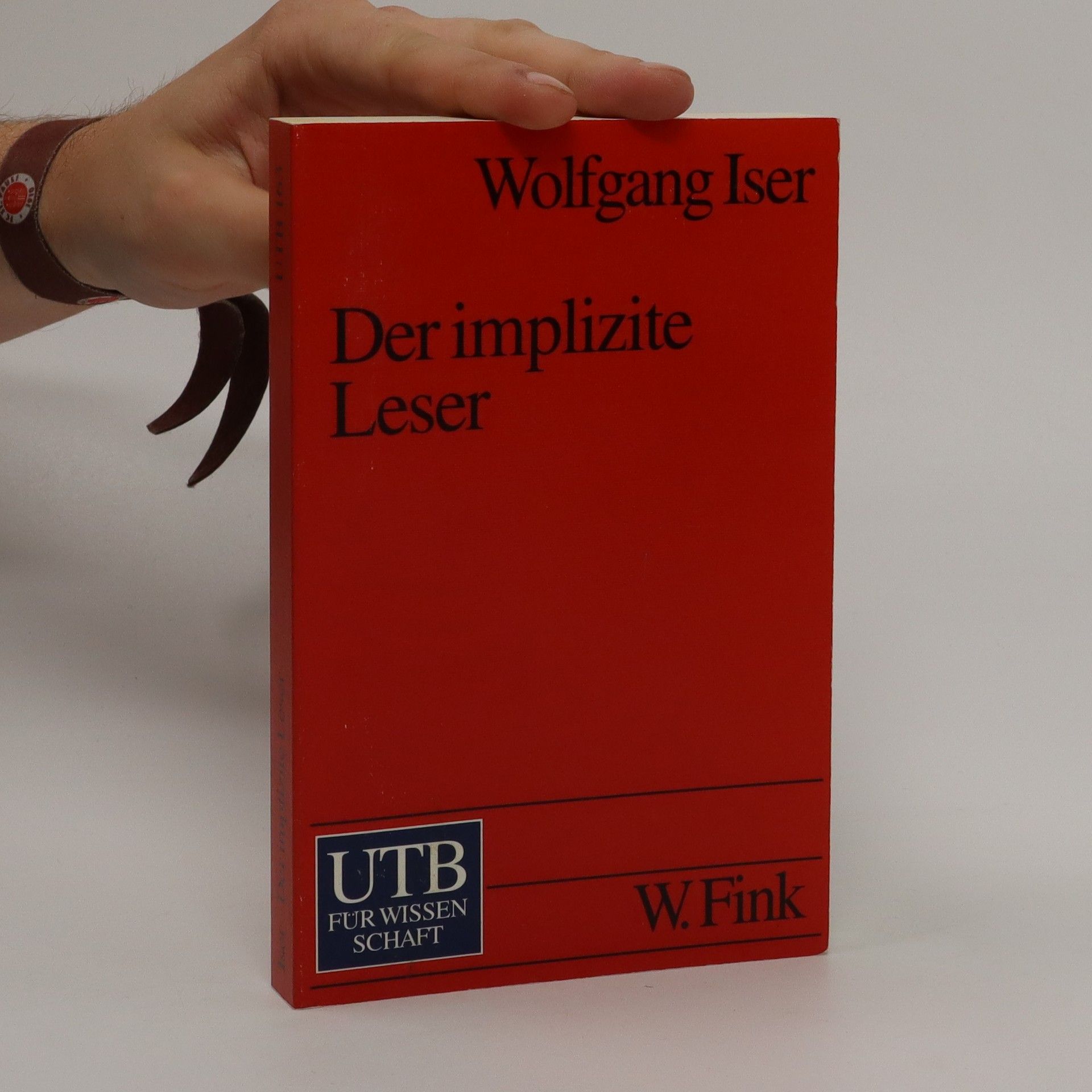Fiktivní a imaginární
- 378 pages
- 14 hours of reading
Klasické dílo známého kostnického profesora anglistiky a literární vědy ukazuje v historické i systematické perspektivě dvě klíčové kategorie zakládající literaturu. V pozadí stojí otázka, zda mají fiktivno a imaginárno charakter antropologických konstant, díky nimž lze získat náhled na základní lidskou potřebu představivosti. Iser chápe literaturu jako zrcadlo, jako nástroj lidského druhu k sebepřekračování a k poznávání světa. V této knize podává výklad svého pojetí literární antropologie, které přesahuje tradiční hranice kulturní či filosofické antropologie.


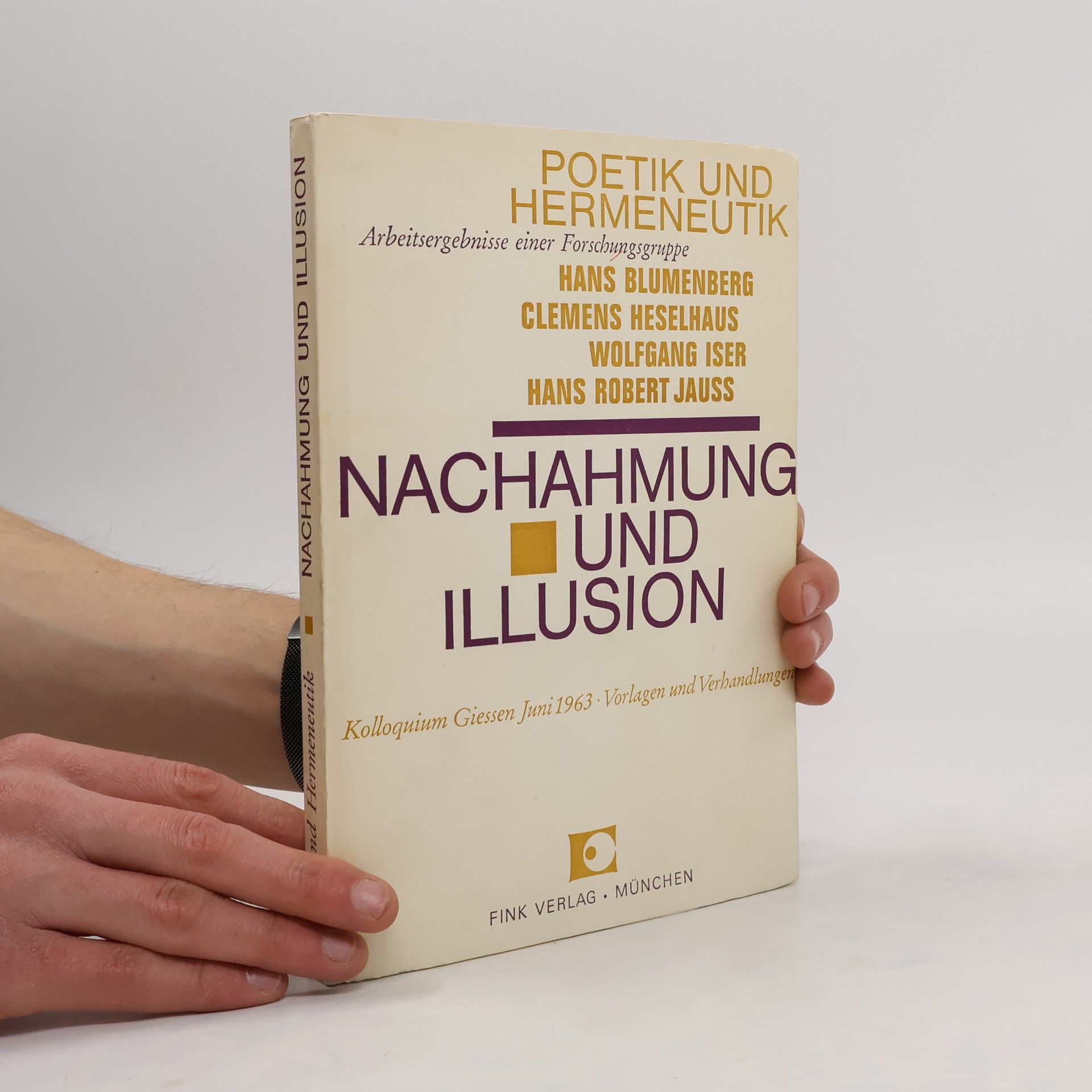
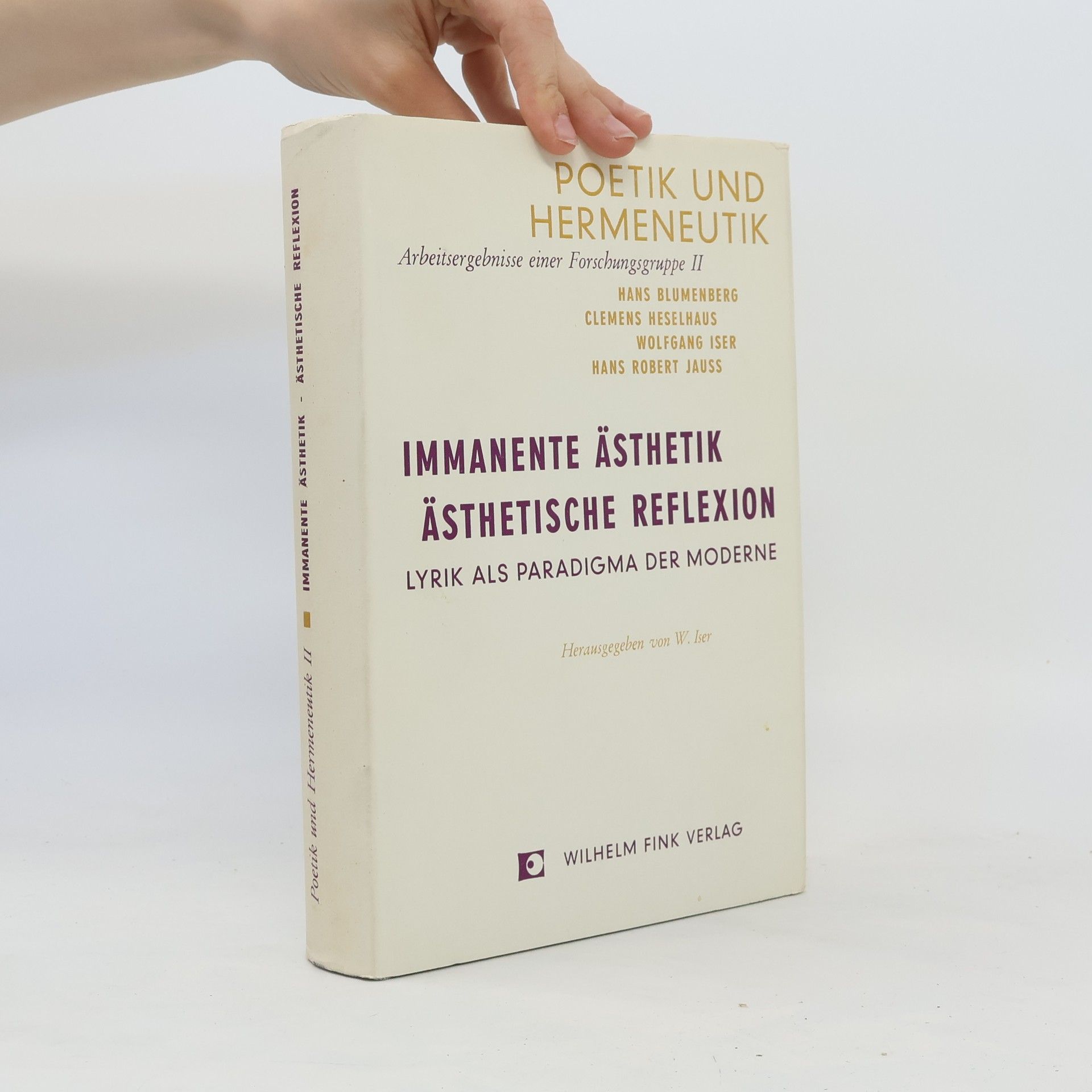

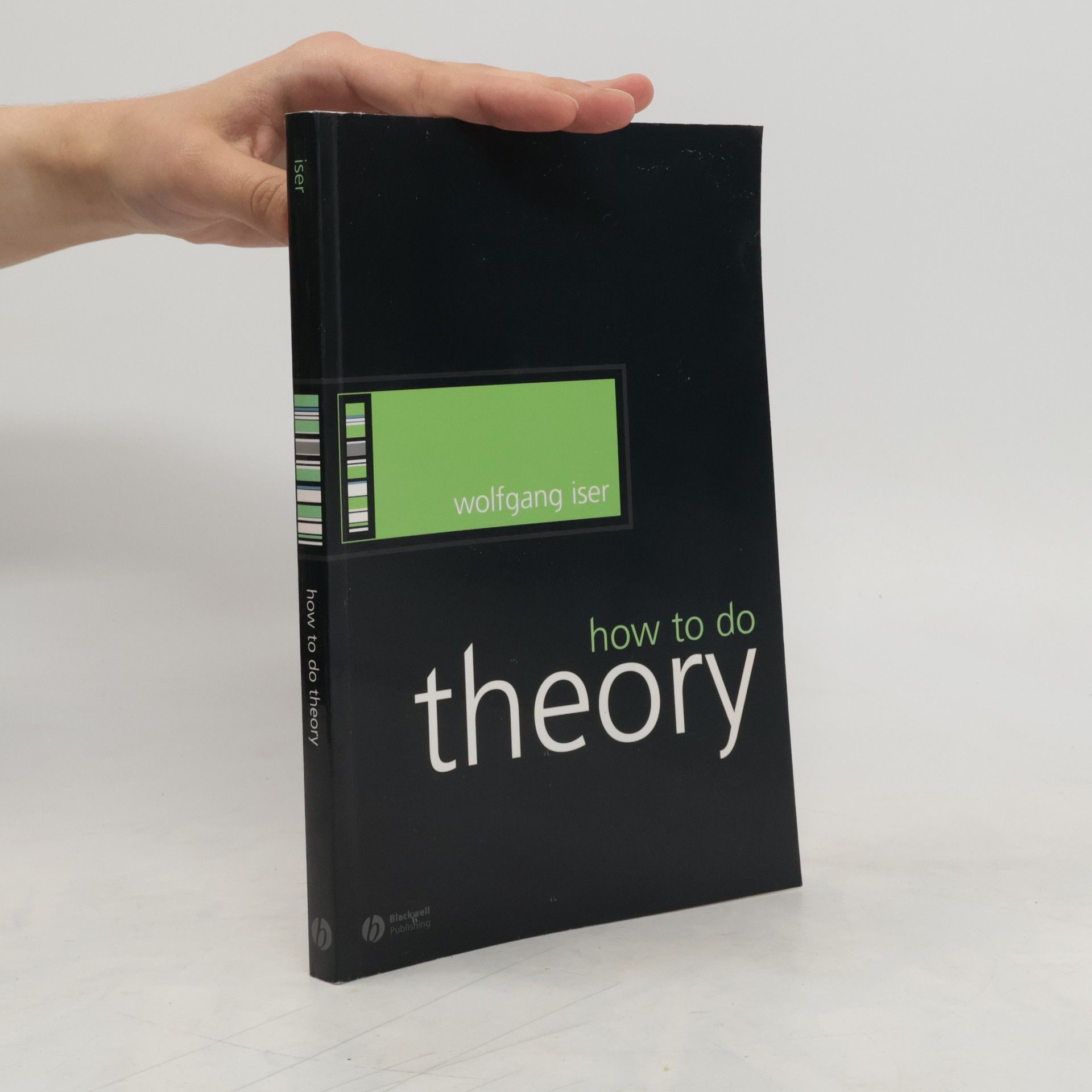
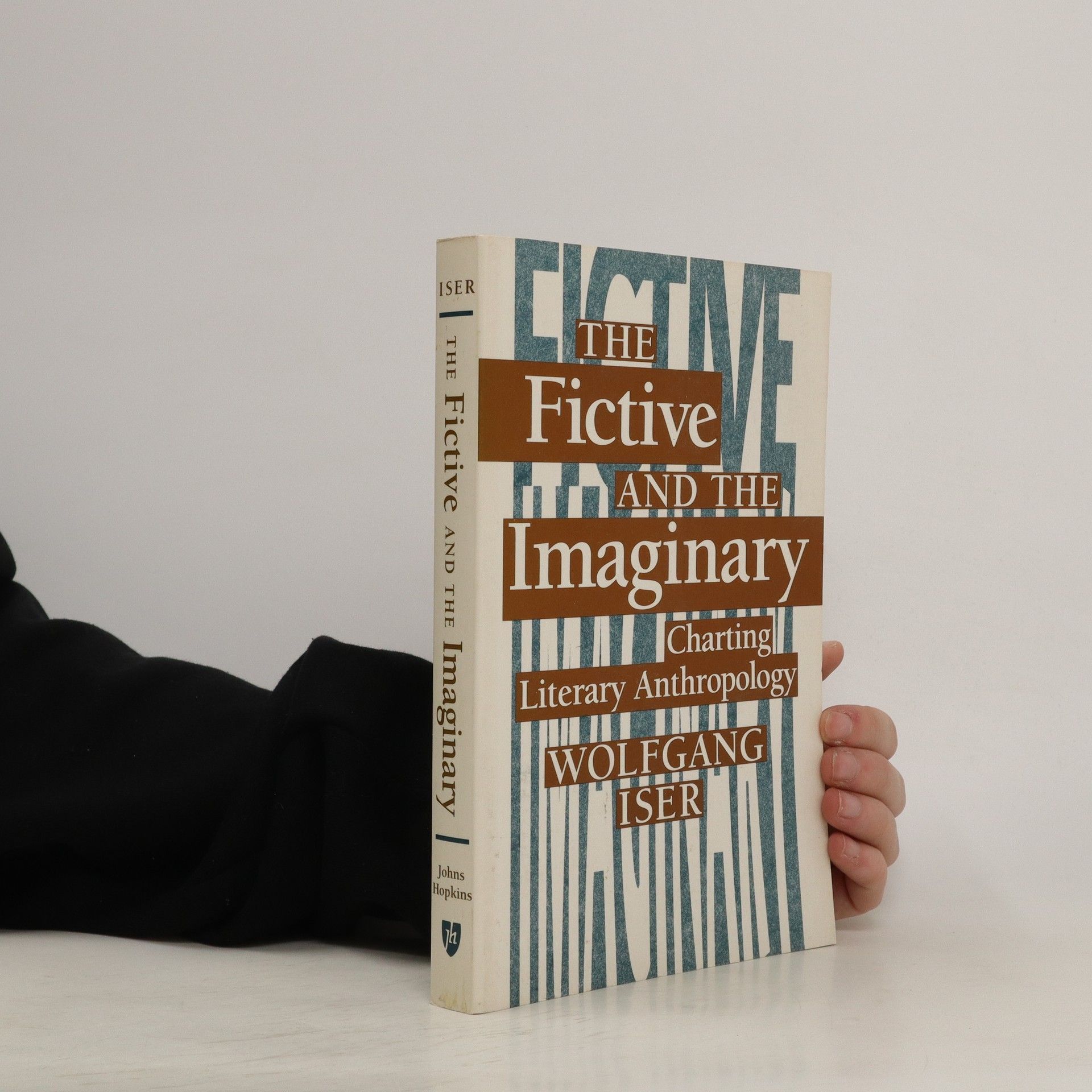
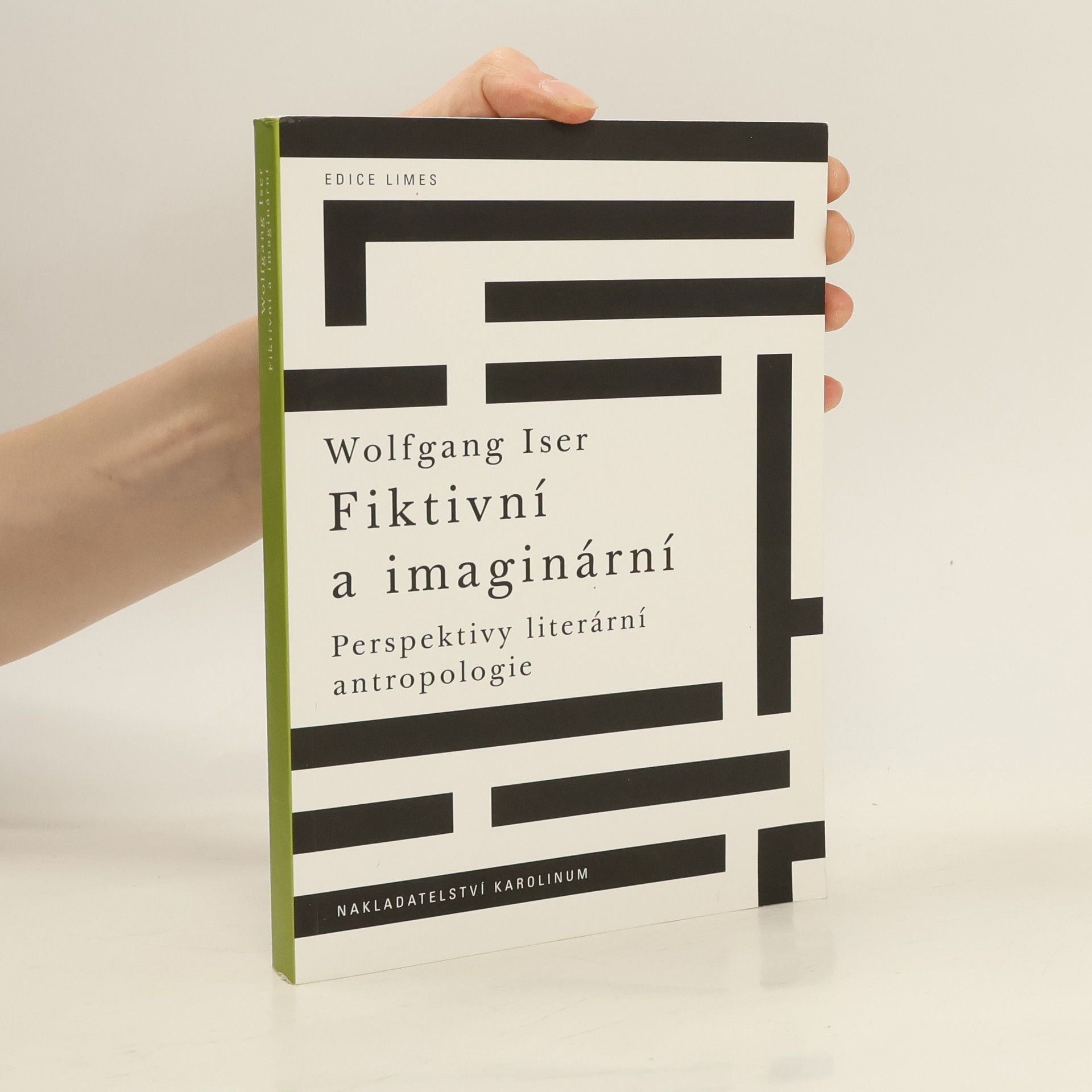


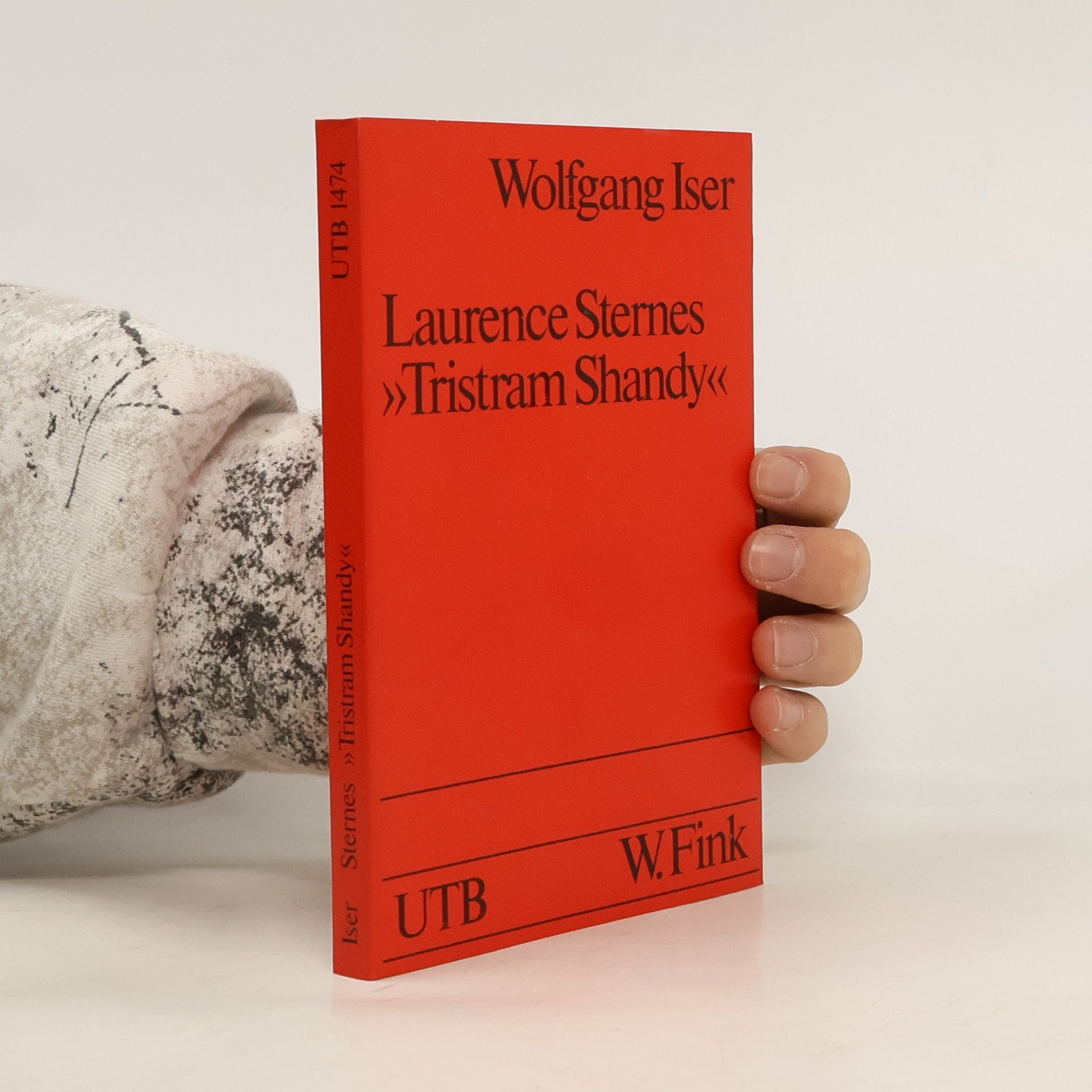
![Henry Fielding und der englische Roman des 18. [achtzehnten] Jahrhunderts](https://rezised-images.knhbt.cz/1920x1920/0.jpg)
